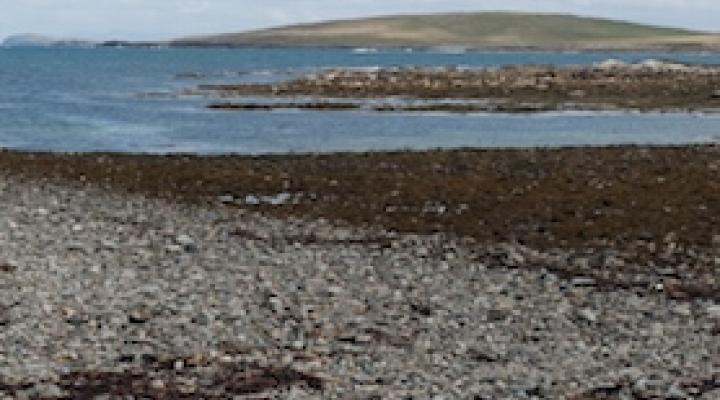

This paper extends the argument in H.L.A. Hart’s “Are there any natural rights?” to argue that there is an environmental moral right against pollution.
In this paper, Hein-Anton van der Heijden discusses Dutch politics of “New Nature.”
In this article, Joan Hoffmann presents a case study of the New York City Catskill/Delaware watershed.
This article replies to Alan Holland’s challenge to reconcile belief in non-anthropogenic intrinsic value with the poetry of John Clare and its projection onto nature of human feelings, and thus with projective humanism.
In his paper, Richard Shearman argues that a person living according to moral virtue will recognize that the nonhuman world should be valued and thus protected (at least in part) for its own sake.
Ernest Partridge discusses Alan Carter’s criticism of Thomas Schwartz’s “future persons paradox.”
The article deals with some implications of radical uncertainty for participatory democracy, and more precisely for Participatory Technology Assessment (PTA).
The present paper is a commentary on very interesting papers by Thomas Dunlap, Thomas Hill, and Kimberly Smith, who take up the spiritual, ethical, and political perspectives respectively. Their accounts are described and evaluated.
This paper seeks to show that sociobiology does not pose the kinds of threat to humanism and environmentalism outlined by Hinchman.
This paper suggests that the contribution of Buddhism to the issue of species conservation should be part of the conservation discourse.